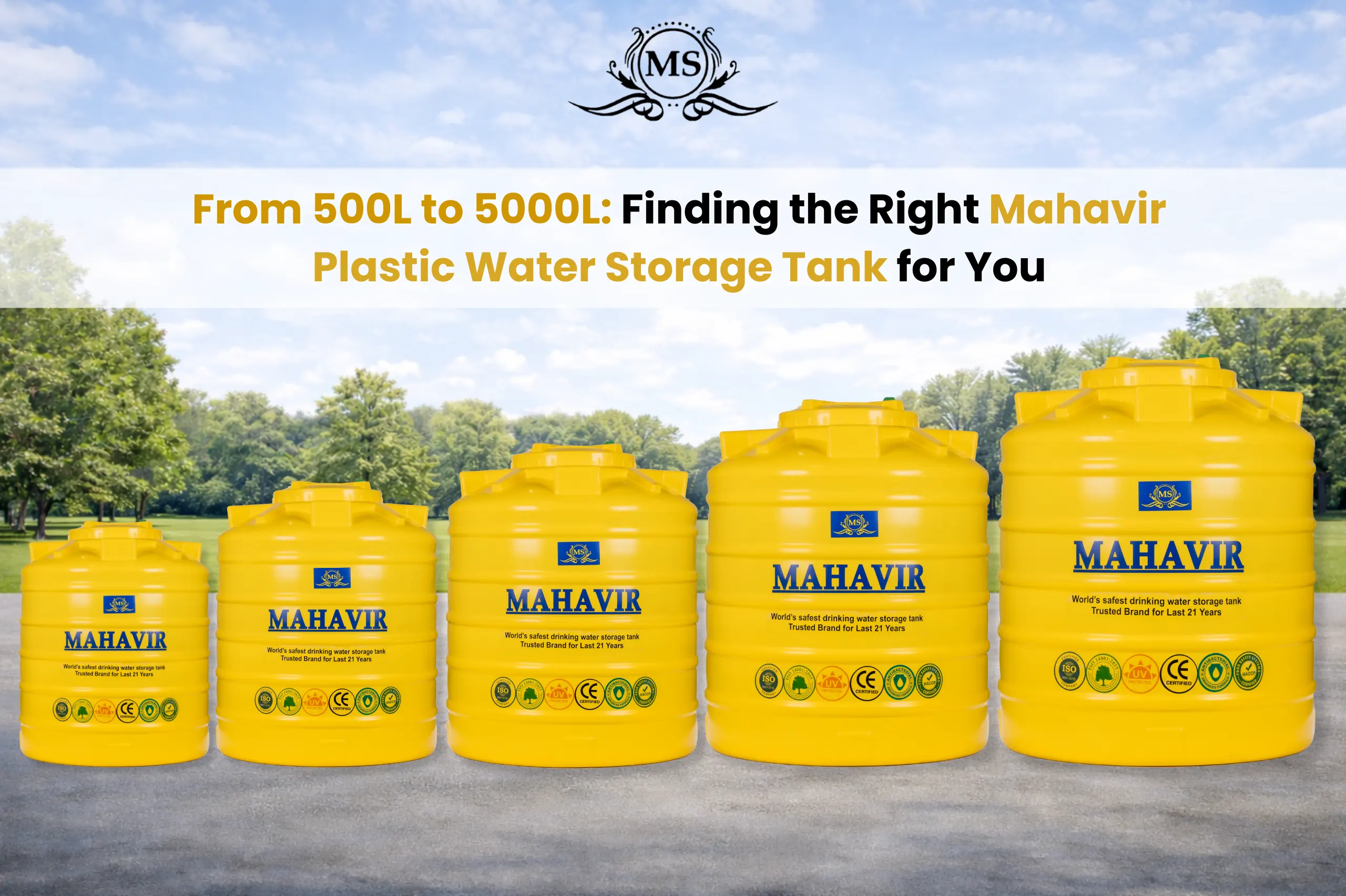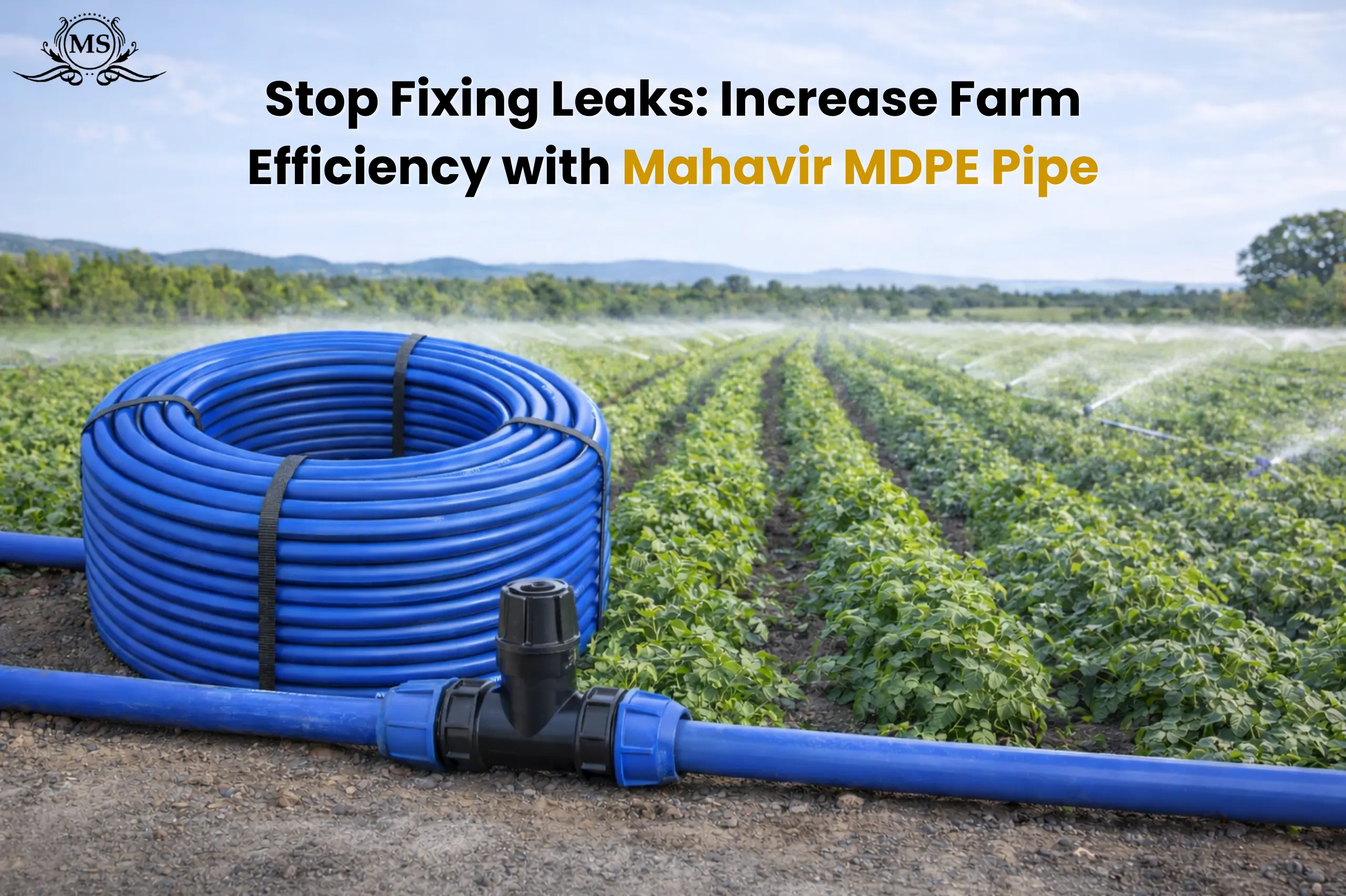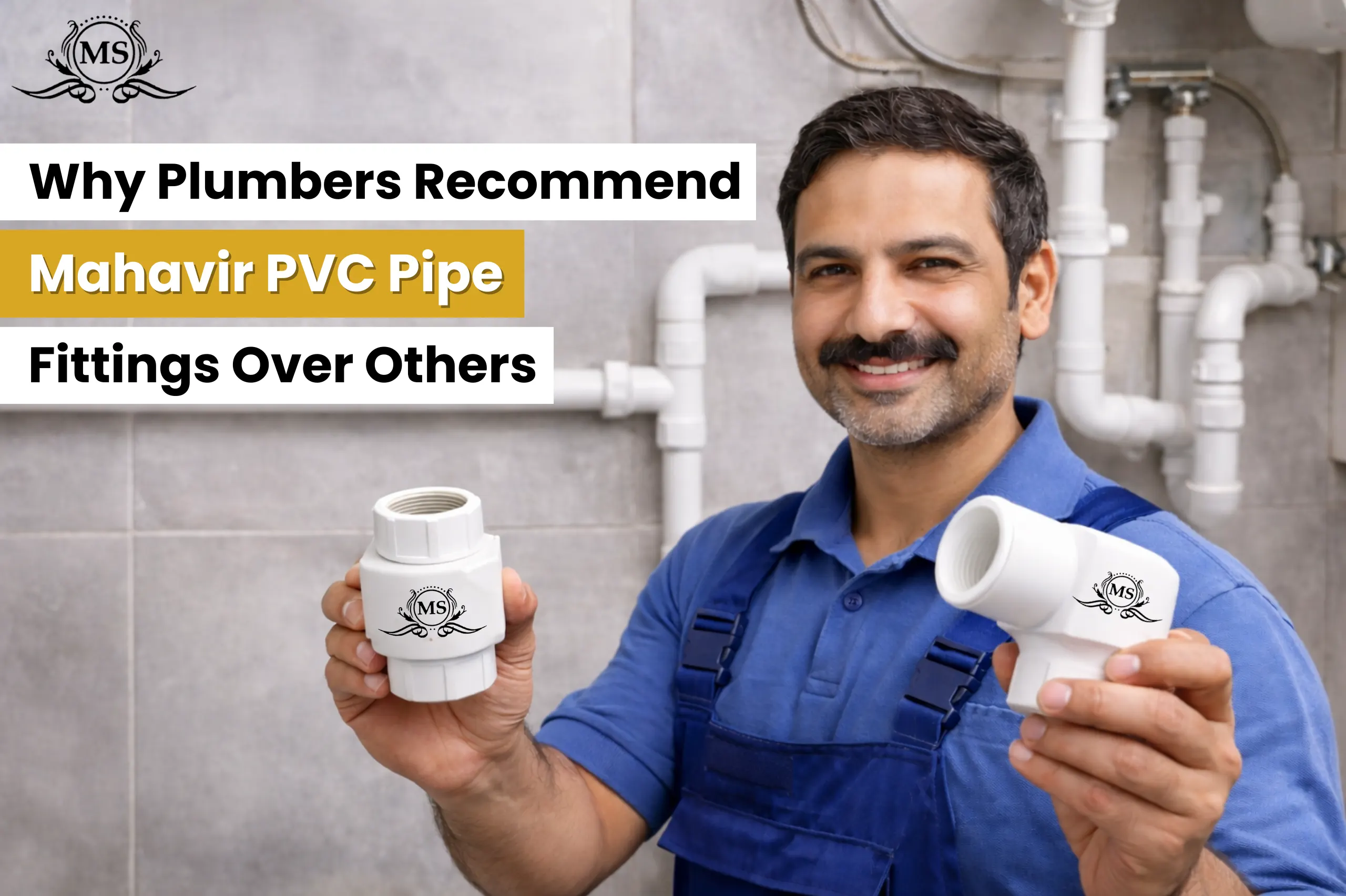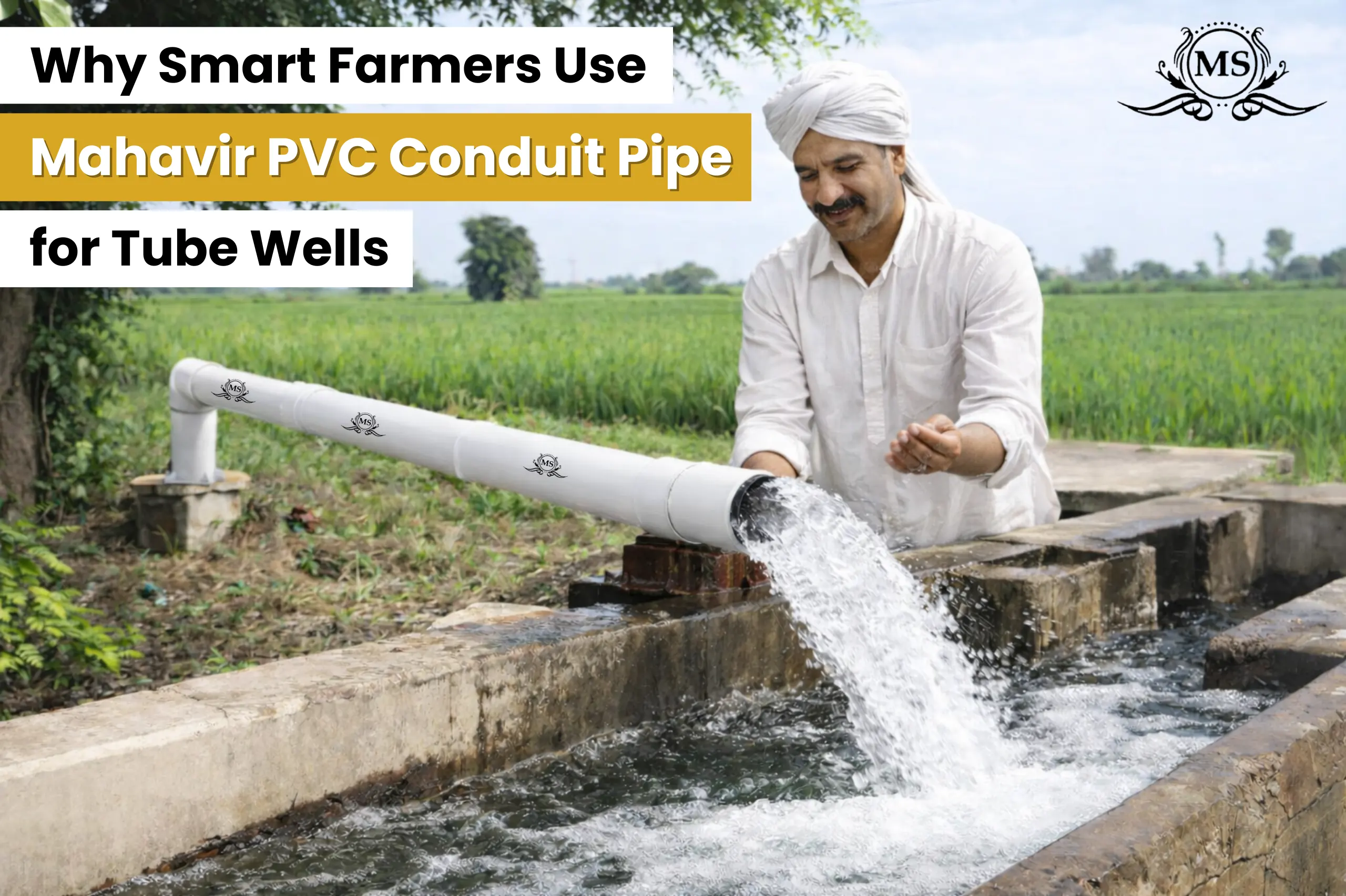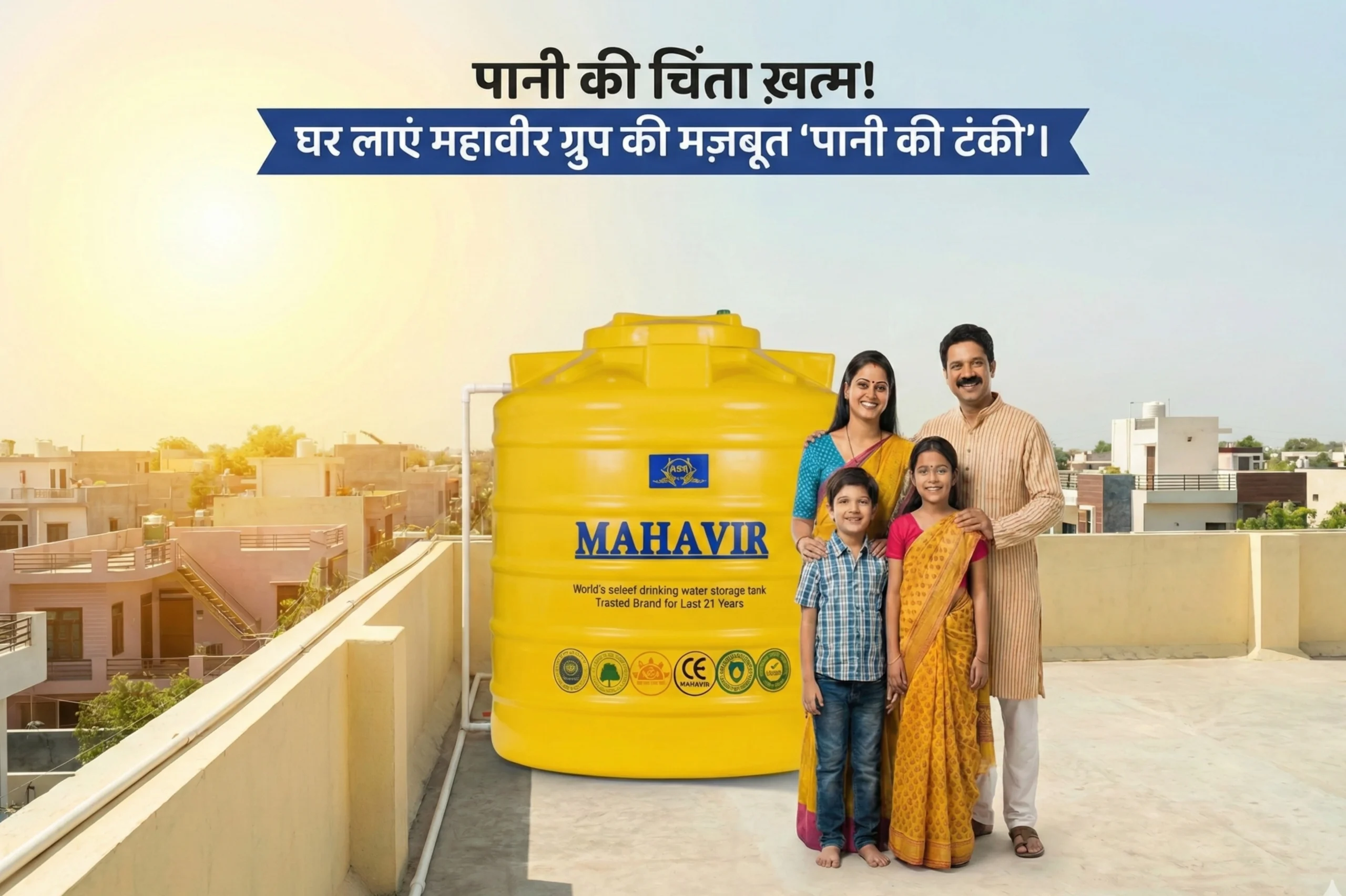Water is agriculture’s lifeblood. However, farmers today in many parts of the world face the challenge of limited water availability. They also in most cases have to battle the challenge of poor infrastructure and rising demand for water from other sectors. Reducing the use of water and conserving it efficiently is in this changing scenario no longer an optional. That’s where Agriculture PVC Pipe Fittings and systems play a prime role. They ensure efficient use of water with minimal loss.
AGRICULTURE PVC PIPE FITTINGS
Table of Contents
ToggleThey refer to components used in piping systems that’s specifically designed for agricultural irrigation. Made from Polyvinyl Chloride (PVC), they are extremely durable and can resist corrosion. Connectors, Elbows, Tees, Reducers, Valves, etc, are some of the fittings. They are all designed to manage effective direct flow of water across farmland. PVC Pipe Fittings for Irrigation provide for whether its setting up a drip irrigation systems or a gravity-based flow system, the building blocks to customize a reliable, efficient network that’s tailored to your field’s needs.
KEY BENEFITS
- LEAK-FREE CONNECTIONS: Designed to fit securely, they prevent at connection points water leakage. This helps over time to save huge amounts of water.
- DURABILITY & LONGEVITY: Agriculture PVC Pipes resist rust, and corrosion. They also resist chemical reactions. This allows them to stay durable even when exposed to fertilizers and pesticides. Not even fluctuating weather conditions can affect them. This helps reduce maintenance and replacement costs to ultimately ensure consistent water flow.
- IMPROVED IRRIGATION EFFICIENCY: Drip and sprinkler methods rely for precision heavily on PVC Pipe Fittings. These fittings allow farmers to direct flow of water where it is required. That is, at the root zone of crops. This helps reduce runoff, overwatering, and evaporation.
- CUSTOMIZABLE SYSTEM DESIGN: Farmers can now with a variety of Agriculture Pipes and Fittings available, design irrigation layouts that are specific to their farm’s topography, crop type, and water source. PVC systems are modular. They can be extended or modified or even repaired easily with no need to redo the entire system.
- COST-EFFECTIVE INVESTMENT: PVC pipes are generally less expensive. Their easy installation with low maintenance additionally makes them for the long-term a smart option. This will benefit farmers seeking to optimize use of water.
HOW PVC PIPE SYSTEMS HELP REDUCE WATER WASTAGE?
The following details the different ways in which PVC pipe for agriculture helps prevent water loss. That later helps boost irrigation efficiency.
DRIP IRRIGATION WITH PVC PIPES
Drip irrigation is among the most water-efficient irrigation methods. They help reduce wastage by up to 70 percent. Agricultural pipes and fittings in PVC form the backbone of drip systems.
They
- Transport water through a network of pipes. This helps deliver directly drop-by-drop to plant roots.
- Reduce evaporation and surface runoff.
- Enhance nutrient absorption. Also, crop productivity.
SPRINKLER SYSTEMS WITH PVC INFRASTRUCTURE
Sprinkler systems to work effectively require consistent water pressure. They also require leak-free connections.
Agricultural PVC pipe fittings
- Ensure even distribution of water through nozzles. That covers a wide area with minimum water loss.
- Withstand water-pressure without cracking.
UNDERGROUND PIPE NETWORKS
Open canals and pitches often cause water evaporation and seepage losses. Underground PVC pipe for agriculture makes for an ideal replacement. They ensure that water without being exposed to sunlight and other loss-causing elements reach the field. This is especially useful in regions that face high temperatures. Or in regions that have sandy soil conditions known to absorb water quickly.
USE OF VALVES AND FLOW CONTROLLERS
PVC pipe systems can be equipped with valves, timers, and regulators. These will help to control water flow.
Farmers with these fittings can:
- Adjust water flow to different crop needs.
- Schedule irrigation automatically.
- Shut off supply during rain. Or when not required.
These help to reduce or altogether eliminate unnecessary water wastage. Instead they ensure water use is minimized.
PRACTICAL TIPS FOR FARMERS ON HOW TO USE PVC PIPES TO MAXIMIZE WATER EFFICIENCY
Are you a farmer?
Looking to reduce waste of water and increase irrigation efficiency? If so, here’s how using Agriculture PVC Pipes and Fittings will help you.
PLAN YOUR IRRIGATION LAYOUT
- Map your field.
- Identify areas that require more or less water.
- Design a pipe. Ensure it is of the right size and type of PVC pipe fittings for irrigation. This helps water to reach all areas efficiently.
CHOOSE THE RIGHT PIPE DIAMETER
Pipe diameter affects the flow of water. They also affect water pressure. Using too narrow a pipe can reduce water flow efficiency. Likewise, using too wide a pipe can unnecessarily increase cost. Hence, it’s best to consult an expert. Else use flow-rate calculators to determine the best fit option.
REGULARLY INSPECT FITTINGS
Agricultural Pipes and Fittings in PVC are no doubt durable. However, regular inspections will help spot early possible small leaks or cracks. To avoid such a probability and prevent water loss, promptly replace damaged fittings.
AUTOMATE YOUR IRRIGATION
Modern farmers are increasingly automating their irrigation systems. This is done by integrating PVC pipe for Agriculture setup with timers and sensors. This ensures the use of water only when required. Ultimately they help avoid overuse of water.
COMBINE WITH RAINWATER HARVESTING
They help to conserve water.
- Collect during the monsoon rainwater. Then, store them.
- Use during dry spells through your PVC network the stored water efficiently.
ENVIRONMENTAL AND ECONOMIC BENEFITS
The use of PVC Pipe Fittings for Irrigation aside from saving water offers a host of benefits.
- LOWER ENERGY USE: Facilitates efficient water flow. Helps reduce energy use for pumping.
- INCREASED CROP YIELD: Better irrigation means healthier plants. This leads to higher productivity.
- REDUCED SOIL EROSION: Controlled water delivery soil erosion. Helps maintain soil fertility.
- COST SAVINGS: Lower water bills with fewer repairs. They along with longer-lasting infrastructure translate over time to substantial savings.
CHALLENGES TO IMPLEMENTATION
It’s true that advantages are many. However, farmers could when shifting to PVC Pipe for Agriculture face certain challenges.
Like,
- INITIAL SETUP COST: PVC systems no doubt in the long run are cost-effective. But their upfront cost could be for small farmers a big hurdle.
- LACK OF AWARENESS: Lack of awareness of agriculture PVC pipe fittings benefits persists among many farmers.
- IMPROPER INSTALLATION: Systems if not installed properly could leak or malfunction.
These are the challenges that need to be overcome. They can however be overcome with Government subsidies and awareness campaigns. Even proper training programs will help promote the use of efficient irrigation technologies.
CONCLUSION
Conservation of water in agriculture is not a passing trend. It is a necessity for the future of food security. Farmers can by adopting Agriculture Pipes and Fittings take a big step toward reducing waste of water. At the same time, also improve crop yield and profitability. PVC Pipe for Agriculture from Mahavir Group is for modern, sustainable farming, a smart choice. It is of durable construction and has leak-proof fittings. Additionally, its efficient water delivery makes it a viable choice. A well-designed PVC irrigation system from Mahavir Group ultimately can make all the right difference.
FAQs
Q In what way agriculture PVC pipe fittings help to reduce water wastage?
- A. It provides leak-proof connections. This helps to minimize water loss during irrigation. Additionally their durability and tight sealing properties prevent leakage. This ensures efficient water flow without spillage or seepage direct to crops.
Q. Why use PVC pipe for agriculture? What makes them better than traditional piping materials?
- A. They are lightweight and can resist corrosion. They are also easy to install. Besides unlike traditional metal or concrete pipes, they are made from PVC. This makes them less prone to rust or breakage reducing to a significant extent over time water wastage.
Q. What types of PVC pipe fittings for irrigation are for water conservation most effective?
A. They aid in reducing water wastage including:
- Elbows and tees. For directional flow control.
- Couplers. For leak-proof joining.
- End Caps. For sealing unused outlets.
- Valves. For regulating water flow and pressure.
Q. Can agriculture PVC pipes be used in drip irrigation systems?
- A. Yes, you can. They are ideal for drip irrigation systems. They offer a strong, leak-free infrastructure. This helps deliver water slowly and directly to the plant roots. They reduce evaporation and runoff.
Q. Are agricultural pipes and fittings in the long run cost-effective?
- A. Yes. The initial setup might require additional investment. However the long-term savings in water, reduced maintenance and extended lifespan of PVC piping makes them for farmers extremely cost-effective.



